ADHD managing symptoms and finding support that affects millions of individuals worldwide. Symptoms of inattention, hyperactivity, and impulsivity characterize it.
ADHD managing symptoms can be challenging, but with the right strategies and support systems in place, individuals with ADHD can lead successful and fulfilling lives. This article explores various approaches to ADHD managing symptoms and finding support.
Understanding ADHD
ADHD is commonly diagnosed in childhood, but it can persist into adulthood. The symptoms are broadly categorized into two groups: inattentive and hyperactive-impulsive.
- Inattentive Symptoms: These include difficulty sustaining attention, making careless mistakes, difficulty organizing tasks, and being easily distracted.
- Hyperactive-Impulsive Symptoms: These include fidgeting, excessive talking, difficulty waiting for one’s turn, and interrupting others.
The exact cause of ADHD is not known, but research suggests that genetics, brain structure, and environmental factors play a role.
ADHD managing symptoms
ADHD managing symptoms involves a multifaceted approach that includes medication, behavioral therapy, lifestyle changes, and educational support. Here are some effective strategies for ADHD managing symptoms:
- Medication: Medication is often a cornerstone of ADHD treatment. Stimulants, such as methylphenidate (Ritalin) and amphetamine-based drugs (Adderall), are commonly prescribed. These medications help increase the levels of certain neurotransmitters in the brain, improving focus and reducing hyperactive and impulsive behaviors. Non-stimulant medications, such as atomoxetine (Strattera) and guanfacine (Intuniv), are also used, particularly if stimulants are not effective or cause undesirable side effects.
- Behavioral Therapy: Behavioral therapy, including Cognitive Behavioral Therapy (CBT), helps individuals with ADHD develop coping strategies and improve their organizational and time-management skills. CBT focuses on changing negative thought patterns and behaviors, enhancing problem-solving skills, and promoting self-regulation.
- Lifestyle Changes: Adopting healthy lifestyle habits can significantly impact ADHD symptoms. Regular physical activity helps reduce hyperactivity and improve concentration. A balanced diet rich in fruits, vegetables, whole grains, and lean proteins supports overall brain health. Limiting sugar and processed foods can also help manage symptoms.
- Organizational Tools: Using organizational tools such as planners, calendars, and to-do lists can help individuals with ADHD manage their time and tasks more effectively. Breaking tasks into smaller, manageable steps and setting reminders can also aid in task completion.
- Mindfulness and Relaxation Techniques: Mindfulness practices, such as meditation and yoga, can help individuals with ADHD improve their focus and reduce stress. These techniques promote relaxation and enhance self-awareness, making it easier to manage impulsive behaviors.
- Sleep Hygiene: Adequate sleep is crucial for ADHD managing symptoms. Establishing a consistent sleep routine, creating a calming bedtime environment, and avoiding stimulants like caffeine before bedtime can improve sleep quality.
Finding Support
Support is essential for individuals with ADHD and their families. Having a strong support network can make a significant difference in ADHD managing symptoms. Here are some ways to find and build support:
Educational Support
- For children with ADHD, educational support is vital.
- Schools can provide accommodations such as extended time for tests, preferential seating, and individualized education plans (IEPs). Teachers and parents should work together to create a supportive learning environment that addresses the child’s specific needs.
Support Groups
- Joining ADHD support groups can provide emotional support and practical advice.
- These groups offer a platform for individuals with ADHD and their families to share experiences, exchange tips, and connect with others facing similar challenges.
Professional Counseling
- Professional counseling can benefit individuals with ADHD and their families.
- Counselors can guide in ADHD managing symptoms, improving relationships, and coping with the emotional aspects of ADHD. Family therapy can help address any family dynamics affected by ADHD.
Online Resources
- Numerous online resources offer information, tools, and support for ADHD managing symptoms. Websites such as CHADD (Children and Adults with Attention-Deficit/Hyperactivity Disorder) and ADDitude provide valuable resources, including articles, webinars, and forums.
Community Programs
- Many communities offer programs and workshops designed to support individuals with ADHD.
- These programs may include skills training, recreational activities, and educational seminars.
Parental Support
- Parents of children with ADHD need support and guidance to help their children thrive. Parenting classes focused on ADHD can provide strategies for managing behavior, creating structure, and fostering positive parent-child relationships.
Building a Supportive Environment
Creating a supportive environment at home and school is crucial for individuals with ADHD. Here are some tips for building a supportive environment:
- Consistency and Routine: Establishing a consistent routine can help individuals with ADHD manage their time and reduce anxiety. Clear expectations and regular schedules provide a sense of stability and predictability.
- Positive Reinforcement: Positive reinforcement, such as praise and rewards, can motivate individuals with ADHD to engage in desired behaviors. Recognizing and celebrating achievements, no matter how small, boosts self-esteem and encourages continued effort.
- Clear Communication: Clear and concise communication is essential. Break instructions into simple steps, and provide frequent reminders and visual aids if necessary. Open and honest communication fosters understanding and cooperation.
- Reducing Distractions: Minimizing environmental distractions can help individuals with ADHD focus better. Designate quiet spaces for studying or working, and limit access to electronic devices during important tasks.
- Encouraging Physical Activity: Regular physical activity is beneficial for ADHD managing symptoms. Encourage participation in sports, outdoor activities, or any form of exercise that the individual enjoys.
Conclusion
ADHD managing symptoms and finding support requires a comprehensive and individualized approach. Medication, behavioral therapy, lifestyle changes, and a strong support network can significantly improve the quality of life for individuals with ADHD.
By understanding the disorder and implementing effective strategies, individuals with ADHD can achieve their full potential and lead fulfilling lives.
Creating a supportive environment at home, school, and community is essential for success. With the right tools, resources, and support, ADHD managing symptoms becomes more manageable, allowing individuals to thrive and succeed in all areas of their lives.
 Buy Adipex Online
Buy Adipex Online 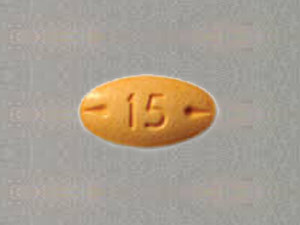 Buy Adderall Online
Buy Adderall Online 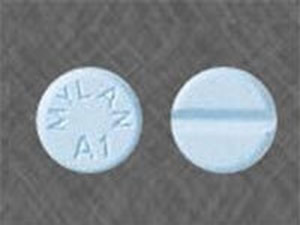 Buy Alprazolam Online
Buy Alprazolam Online 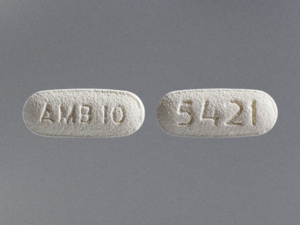 Buy Ambien Online
Buy Ambien Online 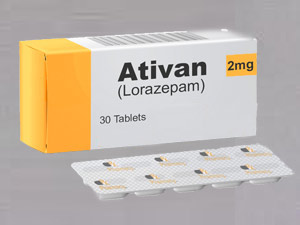 Buy Ativan Online
Buy Ativan Online 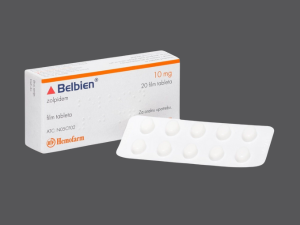 Buy Belbien Online
Buy Belbien Online  Buy Buprenorphine Online
Buy Buprenorphine Online 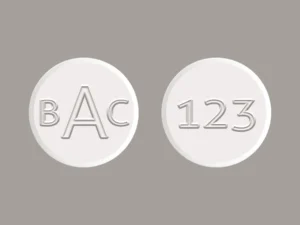 Buy Butalbital Online
Buy Butalbital Online 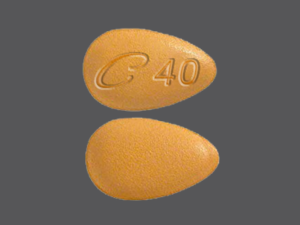 Buy Cialis Online
Buy Cialis Online 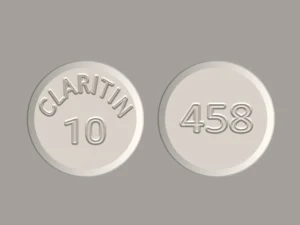 Buy Claritin Online
Buy Claritin Online  Buy Clonazepam Online
Buy Clonazepam Online 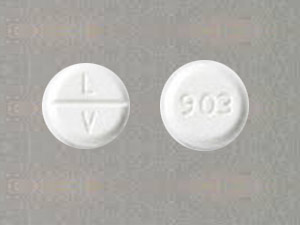 Buy Codeine Online
Buy Codeine Online  Buy Concerta Online
Buy Concerta Online 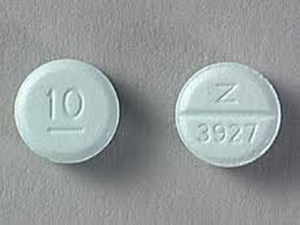 Buy Diazepam Online
Buy Diazepam Online  Buy Dilaudid Online
Buy Dilaudid Online  Buy Farmapram Online
Buy Farmapram Online 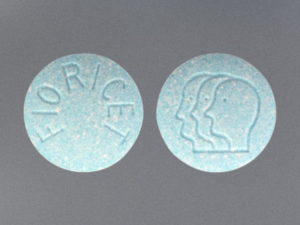 Buy Fioricet Online
Buy Fioricet Online 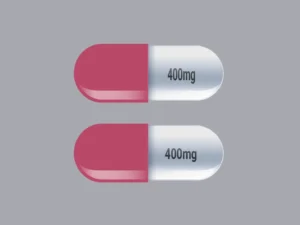 Buy Gabapentin Online
Buy Gabapentin Online 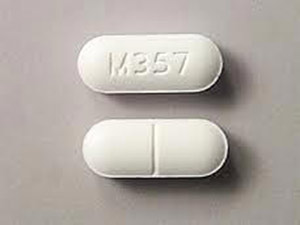 Buy Hydrocodone Online
Buy Hydrocodone Online 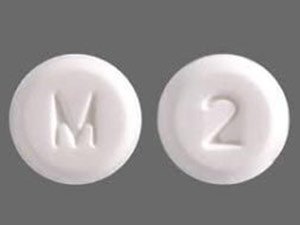 Buy Hydromorphone Online
Buy Hydromorphone Online  Buy Klonopin Online
Buy Klonopin Online 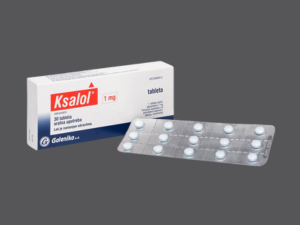 Buy Ksalol Online
Buy Ksalol Online 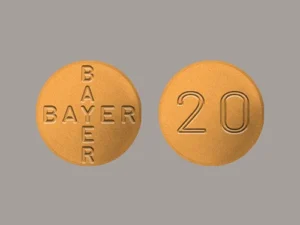 Buy Levitra Online
Buy Levitra Online  Buy Lorazepam Online
Buy Lorazepam Online 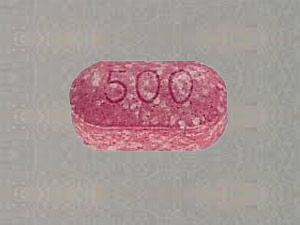 Buy Lortab Online
Buy Lortab Online 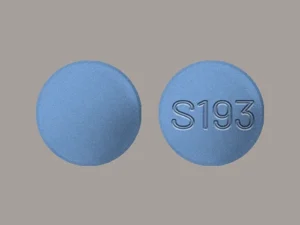 Buy Lunesta Online
Buy Lunesta Online  Buy Methadone Online
Buy Methadone Online  Buy Methylphenidate Online
Buy Methylphenidate Online  Buy Modafinil Online
Buy Modafinil Online  Buy Norco Online
Buy Norco Online 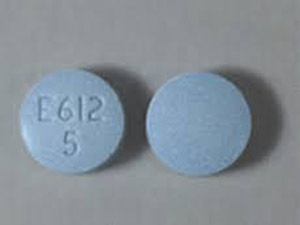 Buy Opana ER Online
Buy Opana ER Online  Buy Oxycodone Online
Buy Oxycodone Online  Buy Oxycontin Online
Buy Oxycontin Online  Buy Oxymorphone Online
Buy Oxymorphone Online 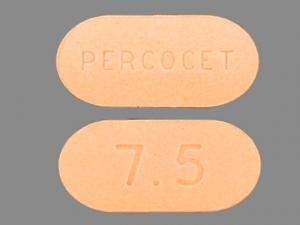 Buy Percocet Online
Buy Percocet Online 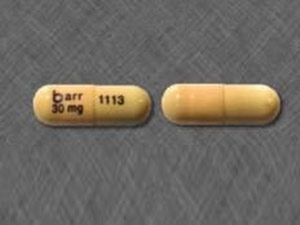 Buy Phentermine Online
Buy Phentermine Online 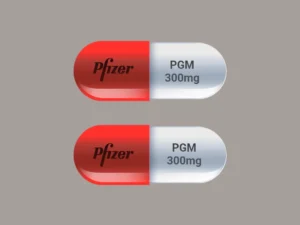 Buy Pregabalin Online
Buy Pregabalin Online  Buy Provigil Online
Buy Provigil Online 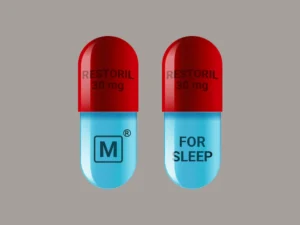 Buy Restoril Online
Buy Restoril Online  Buy Ritalin Online
Buy Ritalin Online  Buy Soma Online
Buy Soma Online 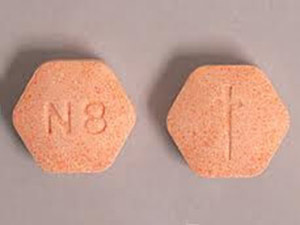 Buy Suboxone Online
Buy Suboxone Online 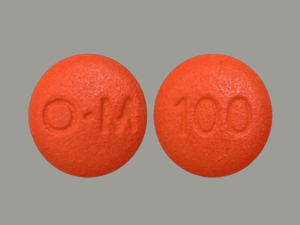 Buy Tapentadol Online
Buy Tapentadol Online 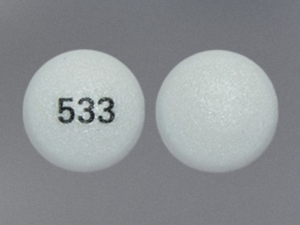 Buy Tramadol Online
Buy Tramadol Online  Buy Valium Online
Buy Valium Online 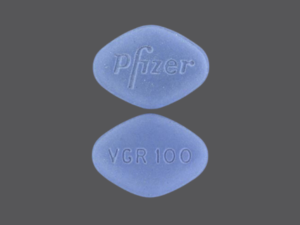 Buy Viagra Online
Buy Viagra Online 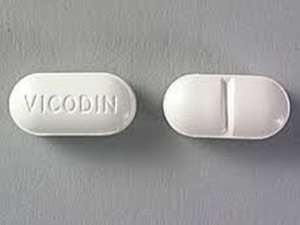 Buy Vicodin Online
Buy Vicodin Online 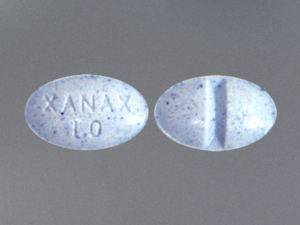 Buy Xanax Online
Buy Xanax Online 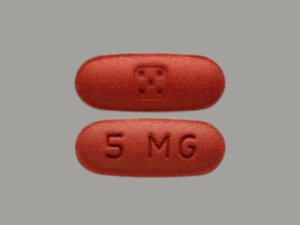 Buy Zolpidem Online
Buy Zolpidem Online 